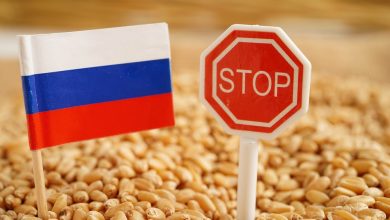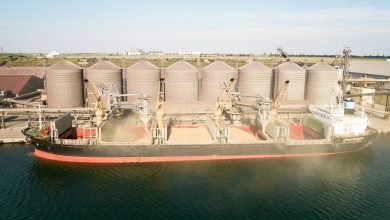The role of grain refineries in reducing dependence on imports and foreign exchange outflows from the country
Arash Soltani, CEO of Zar Group

Grain refineries are the producers of raw materials and meet the country’s needs in various fields. If these refineries produce at full capacity, the country’s need for basic goods will be met to a large extent, reducing dependence on imports and preventing the annual outflow of about 200 to 300 million euros.
Regarding the risks of setting up a grain refinery, Soltani stated: “Procuring raw materials, production technologies, supplying parts and consumables that do not exist within the country, political relations, sanctions, exchange rates, fluctuations in raw material prices, numerous and sudden changes in government policies, and supplying foreign exchange are among the numerous risks in setting up a grain refinery.”
He listed the solutions to reduce potential and actual risks in this area as things such as concluding production contracts and planning for corn cultivation domestically or in neighboring countries, developing and localizing technology with necessary investments in research and development, as well as identifying, managing, and controlling various types of risks. He emphasizes that in addition to the aforementioned issues, government support in the areas of financing, foreign exchange, market development, removing legal barriers, and multilateral cooperation between the private sector, the government, and universities should not be overlooked.




